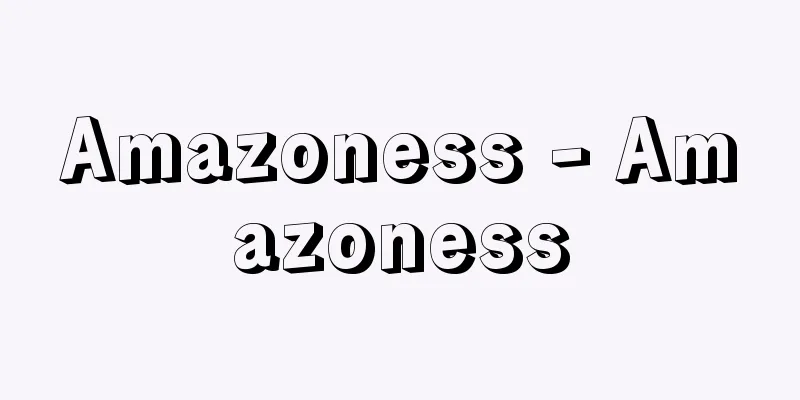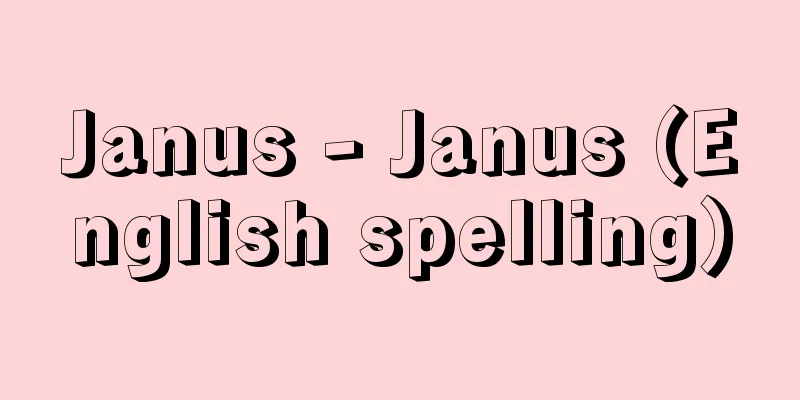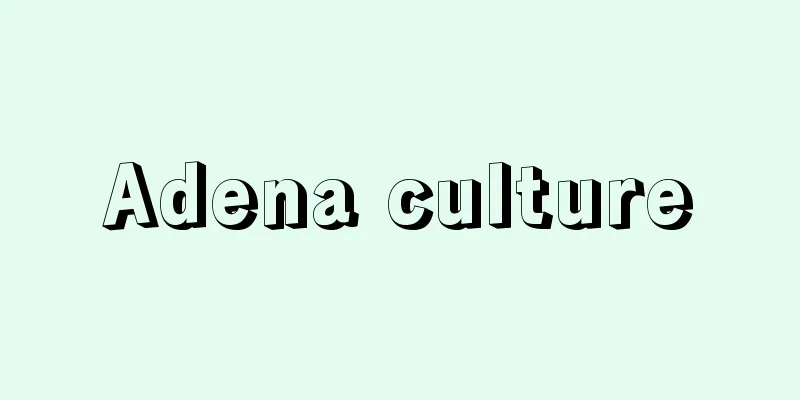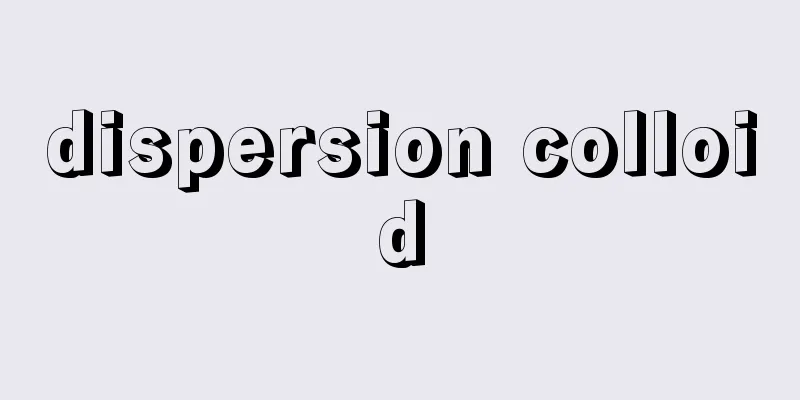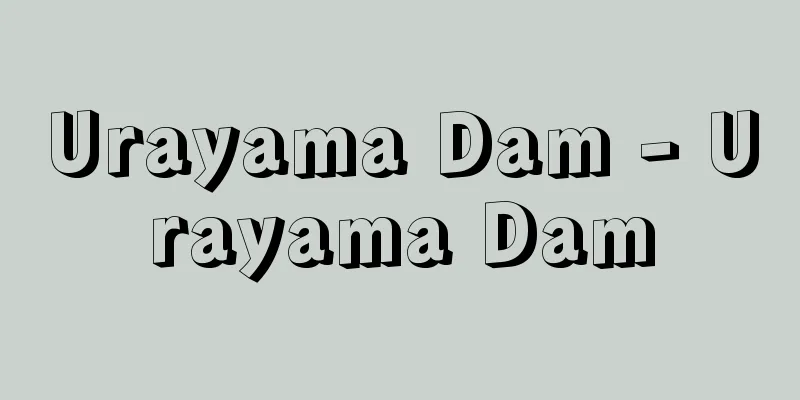Public education
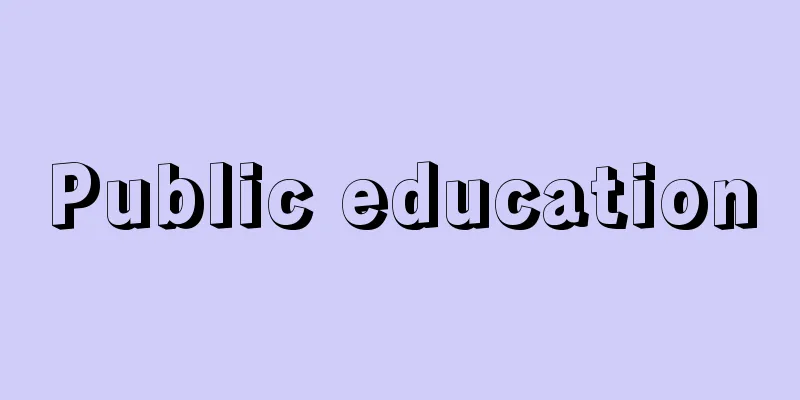
|
There are two concepts of public education: an institutional concept and an ideological concept. The former generally refers to education managed by the national or local government or its agencies. Its elements include being established by a public organization (publicly established), being operated at public expense (publicly funded), and being managed by a public agency (publicly managed), and the scope of public education varies widely depending on which of these is considered to be the conceptual element. For example, if we consider all three elements above, public education means education at national and public schools, and if we interpret the last element, public management, as being governed by law, public education includes private schools, vocational schools, miscellaneous schools, and social education. Public education as an ideological concept also varies widely among commentators. There are various views on education, such as education that has a "public nature" (Article 6 of the Fundamental Law of Education), education that is open to all (public), education that should maintain neutrality, and education from which all people can benefit (common benefit). The reason why there are various positions on both the institutional and ideological concepts is that public education was established under historical and socio-economic conditions. Roughly speaking, there are historical types of public education, such as early modern public education in absolutist society, modern public education in modern capitalist society, and contemporary public education that overcomes the fundamental problems of these two. There are also comparative educational types, such as capitalist and socialist public education. The expansion of public education is one of the contemporary challenges common to all of humanity. [Toshiaki Kuwahara] Source: Shogakukan Encyclopedia Nipponica About Encyclopedia Nipponica Information | Legend |
|
公教育には、制度的概念と理念的概念との二つの概念がある。前者は一般に、国または地方公共団体またはその機関が管理する教育を総称する。その要素は、公の団体が設置する(公設)、公の費用で運営する(公費)、公の機関が管理する(公管理)などあるが、このうちどれを概念要素と考えるかによって、広狭さまざまの公教育の範囲が決まる。たとえば、先の3要素の全体を含むとすると、公教育とは国公立学校の教育を意味し、最後の公管理、しかもこれを法の支配を受けることと解すると、公教育は私立学校も専修学校や各種学校も社会教育も含むこととなる。 理念的概念としての公教育も、論者によっていっそう多様である。「公の性質」(教育基本法6条)を有する教育、すべての者に開かれた教育(公開)、中立性を保持すべき教育、そこからすべての者が利益を受ける教育(共益)などが唱えられる。 制度的、理念的いずれの概念においても、多様な立場が成立するのは、公教育が歴史的、社会経済的条件のもとで成立することに起因する。大まかにみて、公教育には、絶対主義社会の近世的公教育、近代資本主義社会の近代的公教育、それらの根本問題を超克する現代的公教育といった歴史類型が認められるとともに、資本主義的、社会主義的公教育などの比較教育類型も存在する。公教育の拡充は人類に共通の現代的課題の一つである。 [桑原敏明] 出典 小学館 日本大百科全書(ニッポニカ)日本大百科全書(ニッポニカ)について 情報 | 凡例 |
<<: Business Opinion - Kougyouiken
Recommend
Fujiwara no Shunzei - Fujiwara no Shunzei
Year of death: 1st year of Genkyu, November 30th (...
Henri III et sa cour (English spelling)
…He wrote over 300 works in a wide range of genre...
collateral estoppel
...In addition, "estoppel by record" me...
French and Indian War
The last French-British colonial war took place in...
Alexander Porfirowiz Archipenko
A sculptor born in Kiev (now part of Ukraine) in ...
Dressage
…(1) Dressage: This is a competition in which the...
Gefühl (English spelling)
...However, in contrast to the view that emotions...
Kinoshita [town] - Kioroshi
...A city in the northwest of Chiba Prefecture. I...
double-hung
…The French window was developed in the 16th cent...
marker bed
...Key layers are also important as structural re...
Cabora Bassa Dam
…It enters Mozambique, turns from east to southea...
Branch tree
A branch tree is a technical measure used to divid...
Submarine forest
...The individual tree trunks that make up a foss...
Ohi ware
This pottery is produced in Kanazawa City, Ishikaw...
Sansovino, Andrea
Born: Around 1460, Monte Sansovino [Died] 1529. It...
